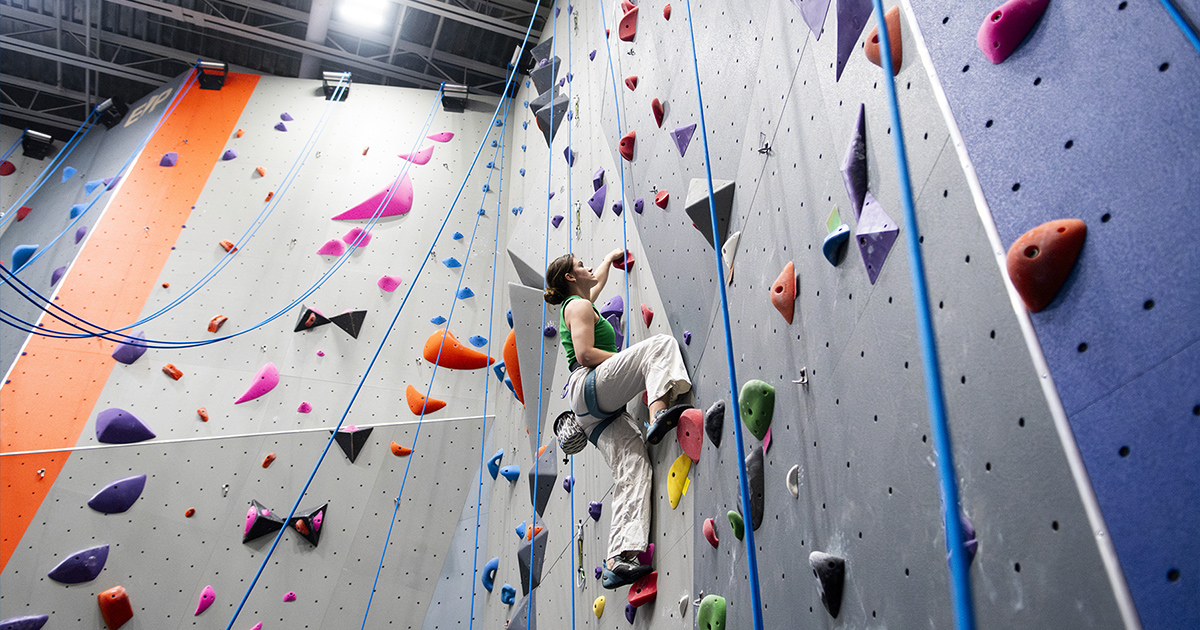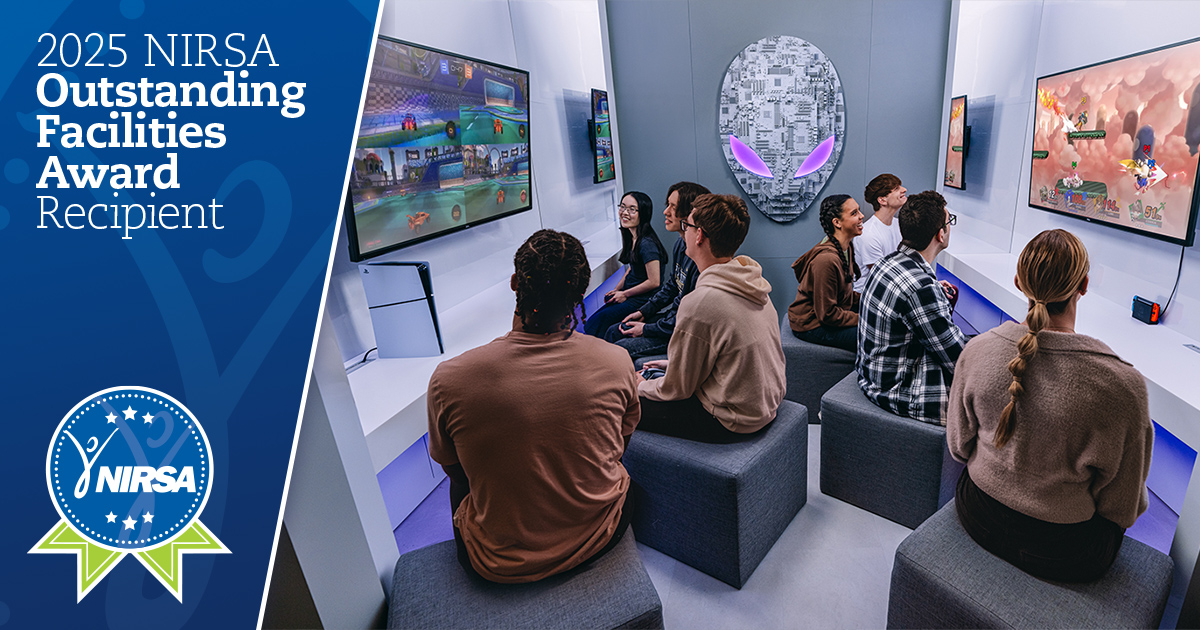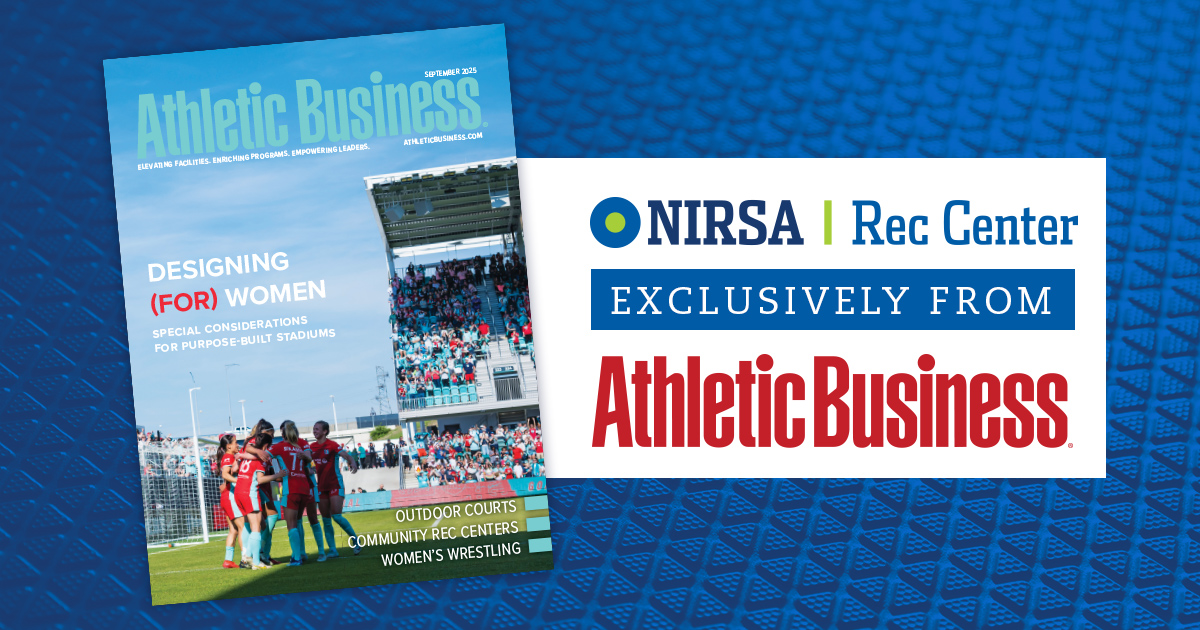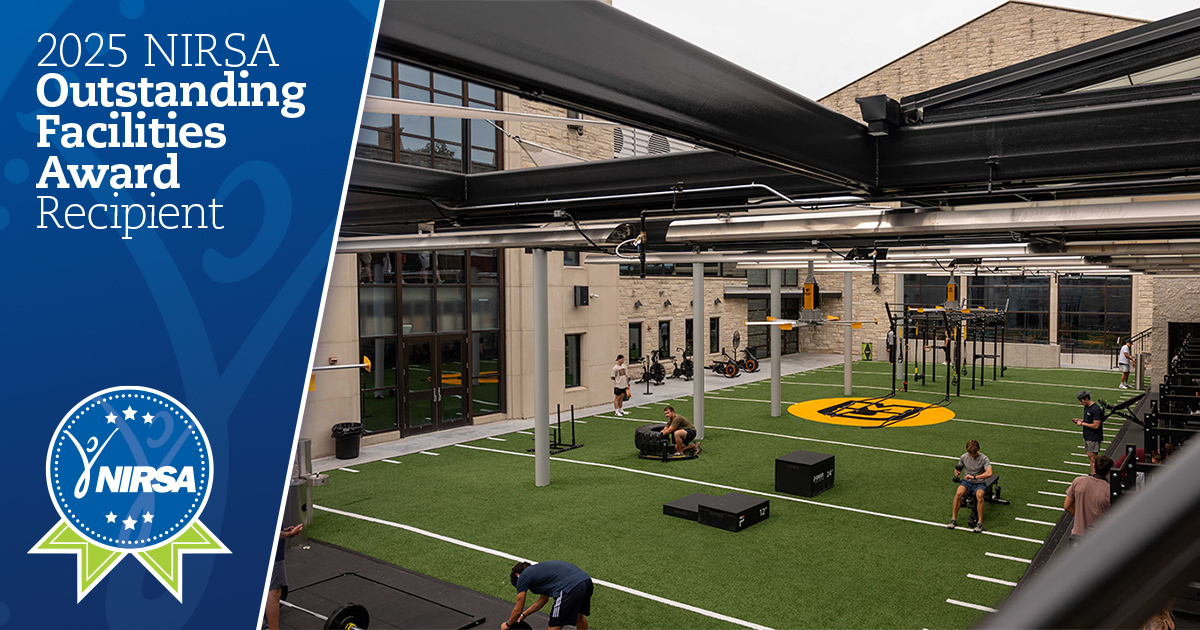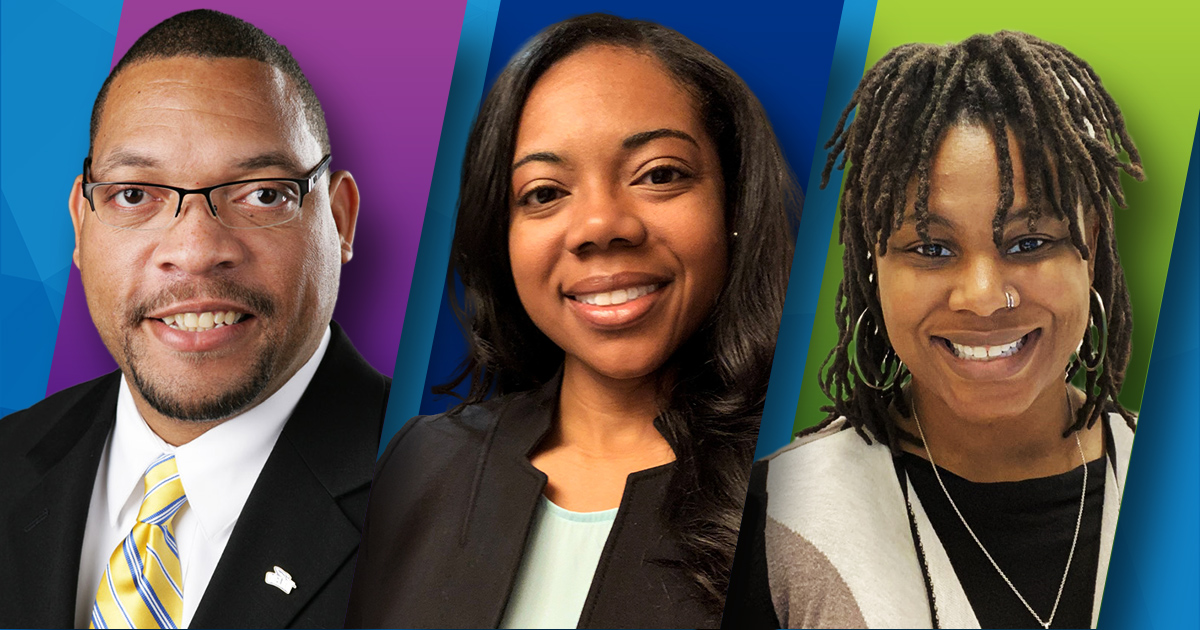Batman and Robin, Sherlock Holmes and Dr. Watson, peanut butter and jelly, Hall and Oates. Those are just some of the pairings mentioned when people are asked to name a famous duo. …well, maybe not Hall and Oates, but you get the idea.
If I asked you to name a famous duo, I would follow my question by asking why you thought of your particular pair. Was it because of their accomplishments? Their relationship? The fact that you never saw one without the other? Maybe it was their abilities, and the way they could complement each other in almost any situation? Hopefully, you selected a positive partnership, one you find admirable and that has desirable qualities.
Partnerships in the workplace happen frequently. Whether it’s employer and employee, co-workers, or mentor and mentee, great partnerships are necessary for success and to promote productivity with regards to departmental goals. You may very well have a fantastic partner-in-crime at work. You get along well, you push each other to new heights, you make each other laugh, and you support each other when things go poorly and mistakes are made. It must be a great feeling to know you have that one person you can count on for almost anything.
Meet Michael Potter and Cybbi Barton
At Pennsylvania State University, Competitive Sports Coordinators Michael Potter and Cybbi Barton have been working together for over a year. They enjoy each other’s company both during and outside of work, are supportive of one another, and have compatible personalities that make their work relationship tick. They certainly need that positive partnership because over the past year, they’ve overseen 70+ club sports within their newly-restructured competitive sports department.
Staying on top of such a comprehensive program takes an incredible amount of time, energy, and organization. Something must be working because during the 2016–2017 academic year, their club teams captured eight national titles and scored numerous individual championships and titles as well. With such amazing accomplishments and given the vast number of participants they’ve been responsible for, I had to interview Michael and Cybbi to get the lowdown on how and why their partnership is working for Penn State University Club Sports.
Their background in campus rec
Scott: How did you get your start in campus recreation?
Michael Potter: As a freshmen and sophomore at the University of Florida, I was involved in intramural and clubs. I then decided to apply for a job and was actually hired as a club sports supervisor. We immediately merged into a competitive sports model, so I got to work with both clubs and intramurals during my junior and senior years.
I worked my way up through the program and earned the highest undergraduate position in our organization, which was program assistant. I got to manage a couple of leagues as well as oversee a few clubs during the last semester of my senior year. After that, I got the club sports GA position at Ohio University and worked with Nick Brigati. I was in the program for a year and a half before graduating. After graduation, I applied for many campus rec positions, and got the sport club coordinator position here at Penn State University where I got to work with Tommy Otterbine and Matt Kutz. I’ve been here two and a half years now.
Cybbi Barton: I went to Texas Tech University, and I was the president of the Women’s Club Rugby team. From there, I kind of trickled into everything in campus recreation except for aquatics and outdoor rec. I did facilities, memberships, and summer camps, and—during my senior year—Laura Thomas made me go to a regional conference in Little Rock, Arkansas. That’s where I kind of caught the “NIRSA bug.”
It was pretty late in the game, and Laura was helping me get experience to apply for graduate positions. I applied to about a million of them, and got accepted to Western Kentucky University where I was the graduate assistant for sport clubs. I did two years there. After that, I began to apply for jobs as well, and I got the coordinator position here at Penn State. I’ve been here for a little over a year now.
How they approach leadership
S: Tell me about your leadership style and how well it works with your students and supervisors.
CB: It’s been a developing thing when it comes to my leadership style. I am a firm believer in attitude, and that attitude is everything. It’s something I pride myself on, and I think it filters into my leadership style in that I always try to have a positive attitude. I’m also a firm believer in giving as much responsibility and duties to our students as well.
Giving them more than just busy work allows them to shine. That is what I have been focusing on this past year at Penn State, and Michael and I have talked about this over the summer. Just because they’re students doesn’t mean they can’t help the department be successful or grow. My attitude also works well with my coworkers. There are times when my energy can get me in trouble at meetings, but I’m willing to take one for the team if it means keeping my attitude and energy up for our department.
MP: I remember my time at Florida as a student, and I know how tough it can be sometimes to balance work and classes and other things. I try and be someone the students can turn to in any situation—someone they’re comfortable talking to about anything whether it’s about struggling in the classroom, at work, or in their own lives. I want them to understand that I may be their boss, but I can also be a resource. We want student to know that this job is fun, and it will prepare them for life outside of the class with things like professionalism, deadlines, and expectations.
Like Cybbi said, we give the students some major parts to play in the program, and we do not micromanage them. They want that ownership of the program. As they progress through the year, giving them more projects with less hand-holding is me and the department showing them we trust them to accomplish their tasks. With my supervisors, I try and take an interest in what they do to help me understand how a campus recreation department works so it can help me with my career later. This also gives me a better understanding of how to work with them on committees and on developing ideas. It shows that I care about what they do through trying to understand their jobs.
Their fantastic work relationship
S: How is it working with each other, and what are some of the positive points of working together?
MP: I think the foundation of care we have for our student staff and club officers, that’s the foundation for what we do. Recognizing that we have this foundation together allows us to work together so well on a daily basis. We obviously have our differences on how we think things should be done sometimes, but I think the primary interest in the success of our students helps us come together at the end of the day. We need to be able to work together so while we will disagree often, we can come back and work well together because we both have different experiences and backgrounds as well as different ways of thinking and managing.
This is awesome because we can throw around different perspectives, but challenging because we can be stubborn with our beliefs and can have difficult conversations. However, again, we come back together at the end of the day because we are great friends and work as a team.
CB: There’s a group of officers that call us “meemaw” and “peepaw,” and that describes us as caring people, like Michael said. That is a priority for both of us, and a goal we both strive for with clubs. When we do have disagreements, it’s great because I feel like I can voice my opinion fully and not feel like I’m hurting Michael’s feelings because of the understanding and common goal we have. We’re comfortable talking to each other and if we can’t agree on something, we can sit in the office and hash it out fully. We are challenged with that constantly because we do have such a big program.
Having two people with different mindsets co-running one program will always present that challenge, but we value and respect each other’s opinions and that’s a huge component for me. We’re also willing to put in the late hours together to make this program run well. Michael is willing to stay late with me to make sure officer training is completed or programs are running as needed, and that means a lot to me. We’re willing to put in the extra work and time to better this program.
Ensuring success through their partnership
S: How do you prioritize what gets done when it comes to monitoring clubs, and what does that communication look like to ensure success?
MP: First off, we break up the primary areas in the program instead of through who has what clubs. This year, we switched things around. Cybbi oversees all scheduling on campus for practices, events, and staffing while I take care of all travel and financials for clubs. So we’ve taken on the program and have broken it up into its largest components, and what it has essentially come down to is trusting each other to accomplish our respective tasks. Our roles were reversed last year, so we continue to work like this to have a continuous understanding of how different components of our program work.
It’s nice because if I have a questions about how something was last year, Cybbi can help me out and vice versa. We can both answer general questions clubs may have, and I also feel comfortable asking her why she made decisions about scheduling compared to my decisions and discussing which may work better. This method of tackling clubs can be difficult sometimes. If a club asks me questions about something they’ve been working on with Cybbi, it might take us longer to answer that question. We also do our best to delegate tasks to our student staff to free up more time to work on other projects.
CB: Sometimes, things can slip through the cracks with these responsibilities. We take ownership when we make mistakes, and acknowledge it can happen. It can be tough to keep up with such an active group of clubs, and we do our best to fix those issues and learn from them. The way we do it now, though, has been the best way to handle the program with our abilities.
Coworkers and friends
S: Do you feel interacting outside of work and establishing a friendship has helped your work interactions?
MP: I think our interactions outside of work have helped us have a better understanding of who we are as individuals. That helps us understand how to interact with each other in the office. I can be stubborn, and Cybbi will not back down from that. There are times I think my way is the best way, and Cybbi will challenge that. It means a lot to Cybbi, though, when I admit fault because we have that great interaction outside of the office. It lets us continue the great work environment we have. We also know what our preferred methods of communication are in certain situations. It’s great to have this outside interaction because we know what the other person cares about.
CB: I think it helps, especially when I first moved to State College. I didn’t have a chance to interact with Michael much during the interview, so getting to know him was a priority. Like Michael said, it helps with communication, but it also helps when we can go to other venues and discuss work as well. There are family and friends I talk to, but they don’t have the same understanding about the workplace that Michael does.
We can vent to each other about the challenges and frustrations we have at work, and we also know how to have fun as well which is important. It helps with our comradery and specific things like presenting topics to groups and training our officers. Creating a positive atmosphere together makes for a more comfortable work relationship.
Seeing the best in…
S: If you could pick out the most positive trait in each other, what do you feel it is and why?
CB: Something I really appreciate about Michael is his willingness to advocate for the club sports program. There have been times where we feel like the program is being pushed aside for something else. Sometimes I would let it roll off my shoulders, but Michael will stick up for the program. It speaks a lot to his character. He refuses to let people walk all over the program.
MP: With Cybbi, it’s how much she cares for the students. The amount of support she provides them is so phenomenal. It makes me jealous because the students will go into her office and talk about what’s going on in their lives and the clubs. It makes me realize how much she cares about them and how well she relates with them, which is awesome because we want that family environment from our staff and officers.
While I can be more straightforward with clubs, when things go wrong, Cybbi can delve into what is going on with a club and have great conversations to right the wrongs. With such a comprehensive sport club program, managing all the aspects that come with it can be extremely difficult. Having coworkers who create such a positive environment with daily operations certainly reduces the stress and communication issues that can occur in any work place.
Cybbi and Michael know that when times get a little difficult, they can certainly lean on each other for support and encouragement. As another famous duo, MC Rob Base and DJ EZ Rock, once said, “It takes two to make a thing go right, it takes two to make it out of sight!” No matter the number of coworkers, having a great partnership with a coworker leads to success and a friendship that can last a lifetime.
Scott Flickinger is currently the Director of Campus Recreation at SUNY Cortland and the Chair of the NIRSA Member Network; you can email him at scott.flickinger@cortland.edu.




